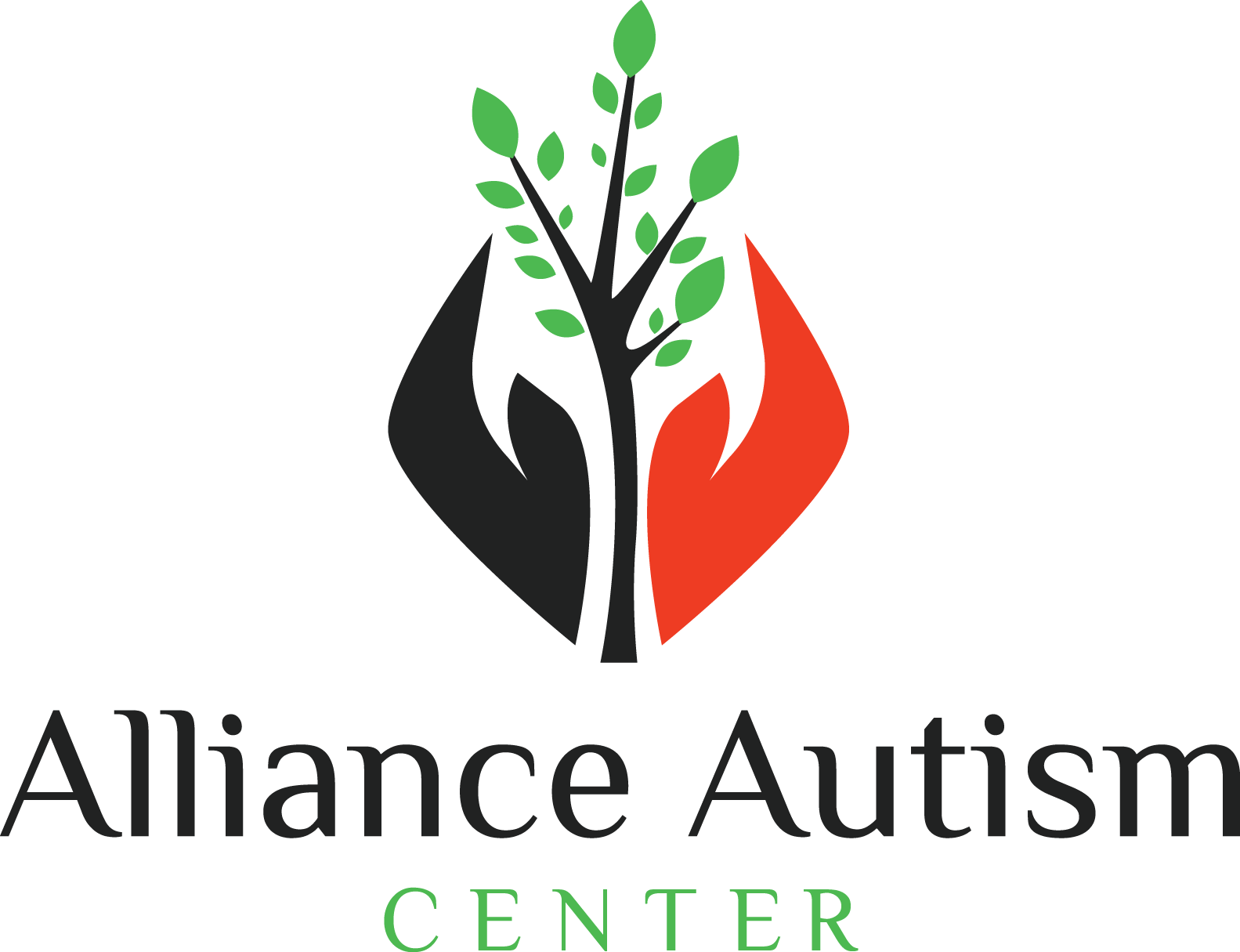Stigma and misunderstanding often create significant barriers for individuals with autism, preventing them from fully participating in society. These challenges can lead to feelings of isolation, anxiety, and low self-esteem for those on the spectrum. However, by shifting our approach from stigma to support, we can help create an environment where individuals with autism can thrive. This blog post explores how we can foster a positive, supportive environment for individuals with autism.
The Impact of Stigma on Individuals with Autism
Stigma is a powerful force that can have devastating effects on individuals with autism. It often stems from a lack of understanding and awareness, leading to negative stereotypes and discriminatory behavior. Some of the impacts of stigma on individuals with autism include:
- Social Isolation: Stigma can lead to exclusion from social activities, leaving individuals with autism feeling isolated and lonely. This can be particularly challenging for children and teenagers, who may struggle to make friends or fit in with their peers.
- Mental Health Issues: The stress and anxiety caused by stigma can contribute to mental health issues, such as depression and anxiety disorders. Individuals with autism may also internalize negative beliefs about themselves, leading to low self-esteem and self-worth.
- Barriers to Education and Employment: Stigma can create barriers to education and employment opportunities for individuals with autism. Discrimination in schools and workplaces can prevent them from accessing the support and accommodations they need to succeed.
- Reduced Access to Services: Stigma can also affect access to healthcare and other essential services. Individuals with autism may be reluctant to seek help due to fear of judgment or mistreatment, leading to unmet needs and worsening outcomes.
Moving from Stigma to Support
To move from stigma to support, we must challenge negative stereotypes and create environments where individuals with autism feel valued and respected. Here are some strategies to help foster a positive, supportive environment:
- Educate and Raise Awareness: Education is the key to reducing stigma. By raising awareness about autism and providing accurate information, we can challenge misconceptions and promote understanding. Schools, workplaces, and communities can all play a role in educating the public about autism.
- Encourage Open Conversations: Encourage open conversations about autism in your community, workplace, or school. Creating a safe space where people feel comfortable discussing their experiences and asking questions can help break down barriers and reduce stigma.
- Promote Inclusive Practices: Inclusion is about more than just physical access; it’s about creating environments where everyone feels welcome and valued. This could include making classrooms more accessible, implementing sensory-friendly practices in public spaces, or ensuring that workplaces provide reasonable accommodations for employees with autism.
- Challenge Discriminatory Behavior: When you witness discrimination or negative behavior towards individuals with autism, speak up. Challenging these behaviors can help create a more supportive environment and send a message that discrimination will not be tolerated.
- Support Autism-Friendly Initiatives: Get involved in or support initiatives that promote inclusion and support for individuals with autism. This could include volunteering with autism organizations, participating in autism awareness events, or advocating for policies that benefit individuals with autism.
Supporting Individuals with Autism in Different Settings
Support for individuals with autism should be tailored to their needs and provided in various settings, including schools, workplaces, and communities. Here’s how we can provide support in these key areas:
- Schools: Schools play a crucial role in supporting children with autism. Educators should be trained to understand the needs of students with autism and provide individualized support, such as tailored learning plans, speech therapy, and social skills training. Schools should also promote an inclusive environment where all students are accepted and valued.
- Workplaces: Workplaces should strive to create an environment where employees with autism can succeed. This includes providing reasonable accommodations, such as flexible work schedules, sensory-friendly workspaces, and clear communication. Employers should also educate their staff about autism to promote understanding and reduce stigma.
- Communities: Communities can support individuals with autism by creating accessible and inclusive public spaces. This could include offering sensory-friendly events, providing quiet spaces in public areas, and ensuring that community programs are accessible to individuals with autism.
- Families: Families are often the primary support system for individuals with autism. Providing support to families, such as access to resources, respite care, and support groups, can help them navigate the challenges of raising a child with autism and ensure that their loved ones receive the care and support they need.
The Role of Self-Advocacy
Self-advocacy is an essential part of moving from stigma to support. Individuals with autism should be encouraged and empowered to advocate for their own needs and rights. This can include speaking up about their experiences, advocating for accommodations, and participating in decision-making processes that affect their lives.
Supporting self-advocacy also means listening to and amplifying the voices of individuals with autism. Their perspectives and experiences are invaluable in creating a more inclusive and supportive society.
Conclusion
Moving from stigma to support is a crucial step in creating a world where individuals with autism can thrive. By educating ourselves, challenging discrimination, and promoting inclusive practices, we can help create environments where individuals with autism feel valued, respected, and supported.
Support, don’t stigmatize. Together, we can build a more compassionate and understanding society where everyone, regardless of their neurological differences, has the opportunity to reach their full potential.


